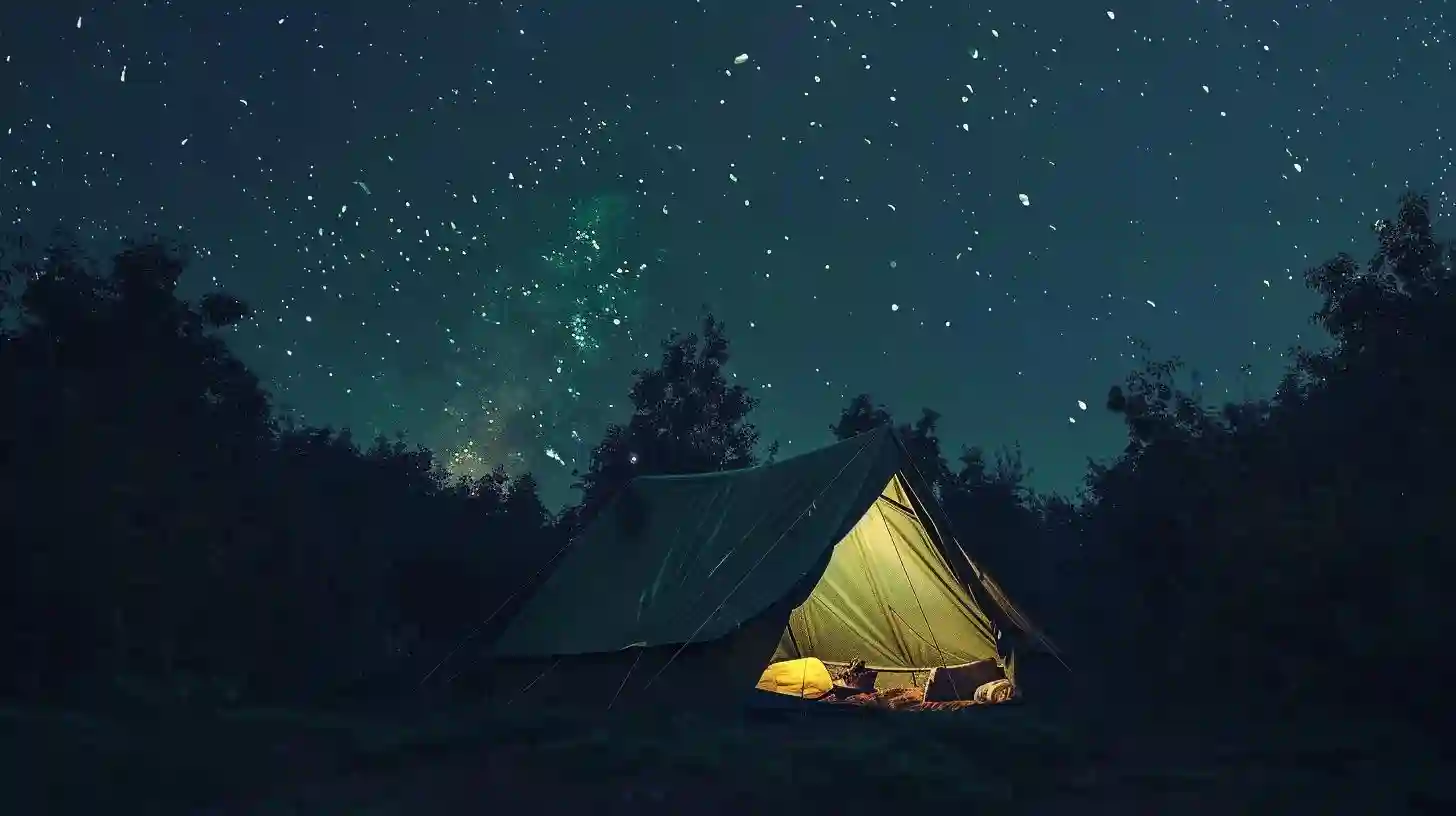
Camping is an activity that allows us to disconnect from the hustle and bustle of everyday life and connect with nature. Whether you're an experienced hiker or a first-time hiker, there are certain precautions and considerations to keep in mind before you go hiking. From choosing the right tent to preparing for inclement weather, here are some important tips for a safe and enjoyable camping trip.
One of the most important aspects of camping is choosing the right tent. There is a wide range of tents on the market, from simple dome tents to more advanced mountaineering tents. When choosing a tent, consider the size of your group, the time of year you'll be camping, and the terrain of your camp. A larger tent may be needed by families or groups, while a smaller tent may be more suitable for solo campers. Also, consider the weight and packability of the tent, especially if you plan to go camping.
Another important consideration when camping is safety. Before venturing into the wilderness, be sure to familiarize yourself with the area and any potential hazards. Check the weather forecast and prepare for inclement weather by packing appropriate clothing and equipment. Also, keep an eye out for wildlife in the area and take precautions to prevent encounters. Store food in a safe place to avoid attracting animals to your campsite, and be sure to follow proper food storage practices to minimize the risk of getting sick from spoiled food.
In addition to choosing the right tent and following safety precautions, it is also important to be prepared for emergencies. Carry a first aid kit with essential supplies such as bandages, antiseptic wipes and pain relievers. Be sure to familiarize yourself with the symptoms of common hiking injuries, such as cuts, burns, and insect bites, and learn how to treat them. In the event of a more serious emergency, such as a broken bone or severe allergic reaction, know how to call for help and seek medical attention.
When setting up your tent, be sure to choose a flat, level campsite away from hazards such as falling branches or uneven terrain. Follow the manufacturer's instructions for setting up your tent, and be sure to secure it securely to prevent it from blowing away in strong winds. Consider using a mat or drop cloth to protect the bottom of the tent from rocks, roots, and moisture.
Once your tent is set up, spend some time organizing your campsite. Store food and trash in bear-proof containers or hang them from trees to keep animals out of them. Keep the camp site clean and tidy to minimize the risk of attracting wild animals. Establish a designated cooking area away from your tent to reduce the risk of accidental fires, and be sure to follow proper campfire safety guidelines.
Take some time to relax and enjoy the beauty of nature. Go hiking, fishing, or just relax and gaze at the stars. Camping is a great opportunity to disconnect from the stresses of everyday life and reconnect with the natural world. By following these precautions and considerations, you can ensure a safe and enjoyable camping experience for you and your fellow campers.